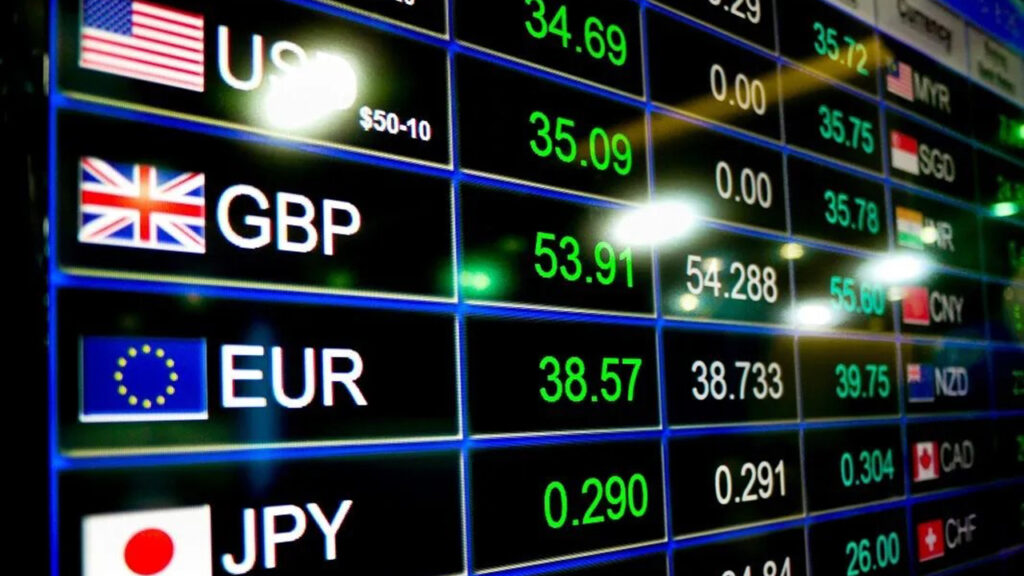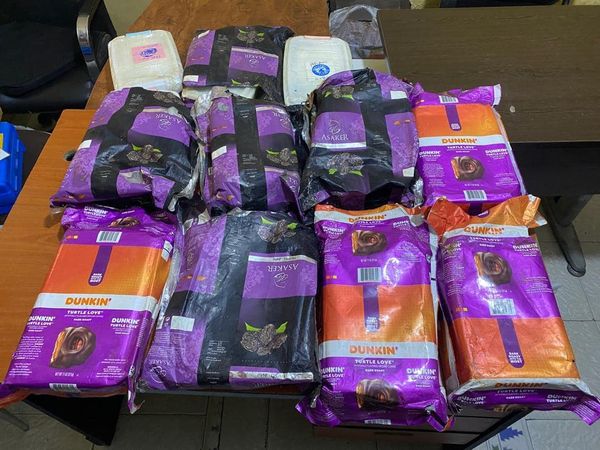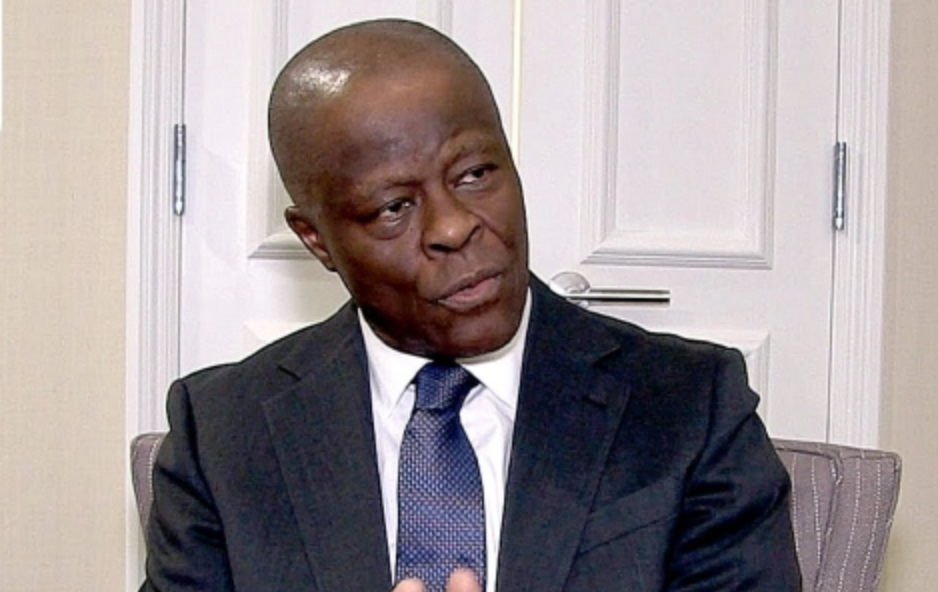A day after the Nigeria Customs Service (NCS) exchange rate for import duty collection at the ports increased to N1,508.688/$1, it has been further adjusted to N1,511.359/$1, pushing the amount for clearing up by N200,000 for vehicles and N300,000 for 20-foot container respectively.
The increase in the FX rate is contrary to the Central Bank of Nigeria (CBN) statement on the discontinuation of the foreign exchange price verification system portal used by importers from July 1.
CBN had, in a circular, on June 26, noted that the controversial price verification report will no longer be a requirement for the completion of a Form ‘M’ given recent developments in the Nigerian forex market.
The increase is also in defiance to the Presidential Committee on Fiscal Policy and Tax Reforms recommendation on the adoption of an exchange rate of N800/$1 for customs import duty, following the drop in cargo importation into the country due to high exchange rate.
Recall that the Centre for the Promotion of Private Enterprise (CPPE) had urged the CBN to peg the customs duty exchange rate at N1000/$1 to ease the burden on businesses and hardship in the country. This is also despite CBN and NCS agreement to achieve a stable rate for import of goods to enable business owners and importers to plan activities.
Already, the country is experiencing a major decline in importation, which was confirmed yesterday by the Controller of Apapa Customs Command, Babatunde Olomu, who said that imports dropped by about 60 per cent via the Lagos Port complex.
The surges in customs duty exchange rates have placed severe strain on importers, freight forwarders and the pharmaceutical sectors, as the business community struggles to cope with unpredictable and escalating costs.
National Public Relations Officer of the Association of Registered Freight Forwarders of Nigeria (AREFFN), Taiwo Fatomilola, expressed worry over the economic impact of the high duty rates. He highlighted the operational difficulties caused by the unreliable server, recounting how vehicle registration (VREG) processes were stalled from Monday until Tuesday evening, making them pay the high FX rate.
He also highlighted the financial pitfalls for clearing agents, who risk significant losses if they charge importers before completing registrations, as well as the potential legal ramifications.
“An importer gives you a job on Friday, and up until Monday, you can’t get it done, then the customs duty exchange rate increases. You can’t run back to him. If the server was going through, we would have punched since Monday when the customs duty exchange rate was lower. By the time you tell your importer that until you punch in the registration, you will not charge, it will look as if you are not a professional. Our job is not secured,” he lamented.
The pharmaceutical industry is also reeling from the effects of soaring customs duty rates, as the Managing Director of Engraced Pharmacy, Jonah Okotie, emphasised the industry’s heavy reliance on imports, with more than 70 per cent of drugs and raw materials coming from abroad.













